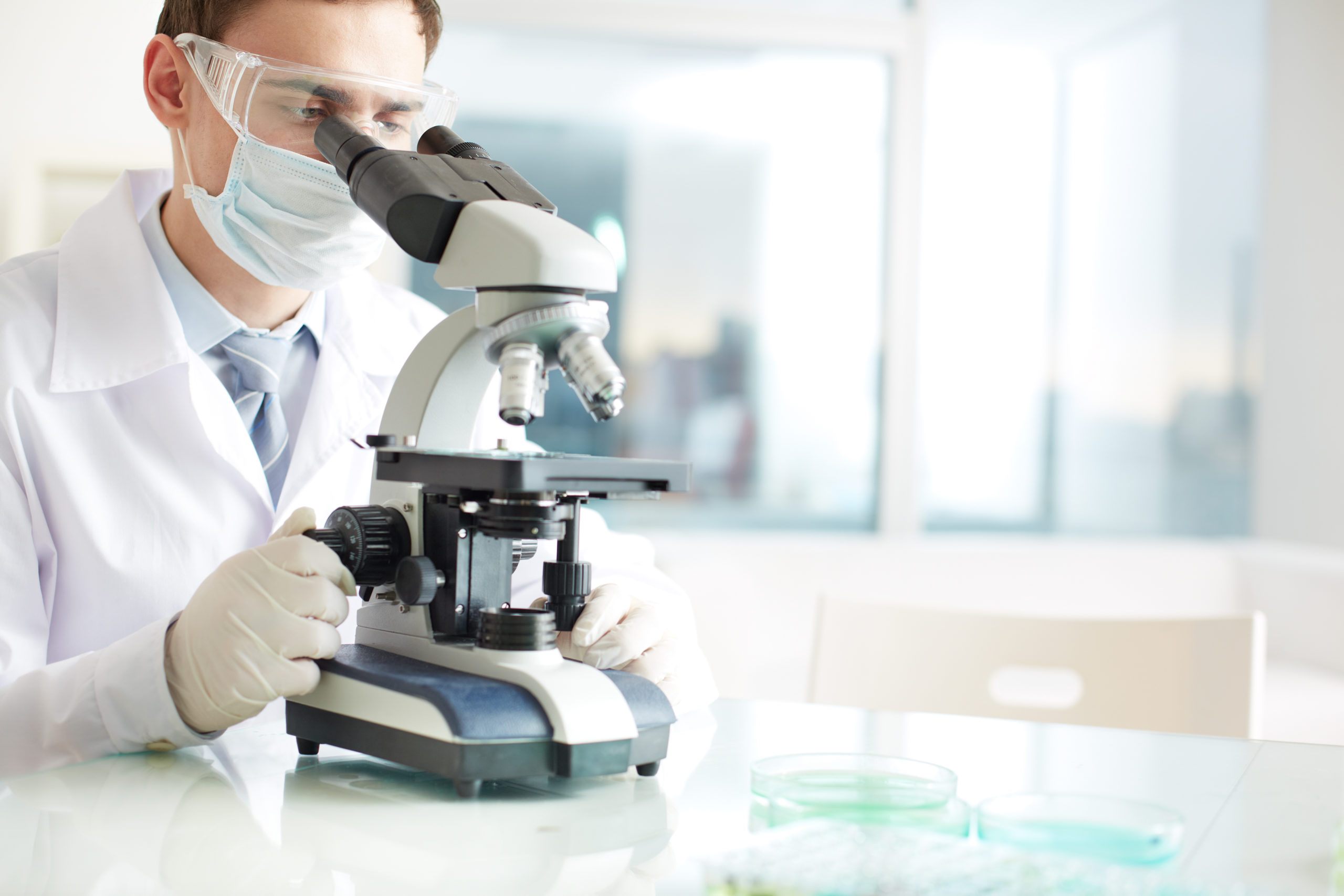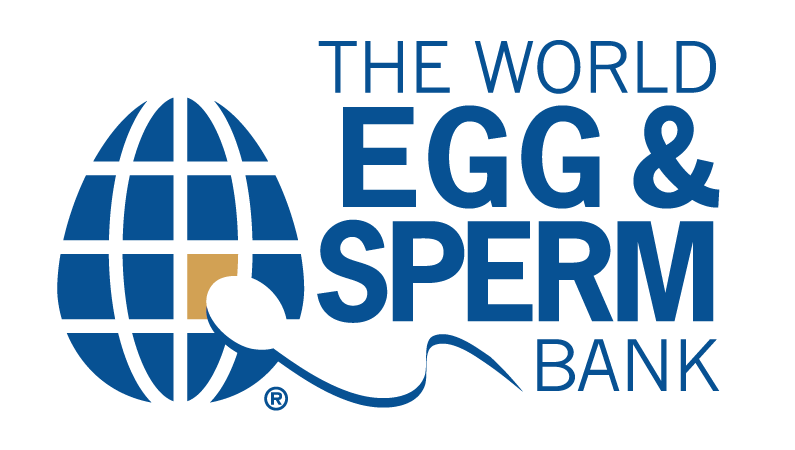STDs – The Silent Epidemic

Sexually transmitted infections (STDs/STIs) are widespread and often asymptomatic. That’s what makes them “silent”: many people don’t realize they are affected until much later. This subject is not a matter of shame but of awareness, routine screenings, and open communication. Taking charge of your sexual health protects both yourself and others.
For individuals hoping to start a family and for those considering egg or sperm donation, this is especially important. Undetected infections can negatively impact fertility (for example, fallopian tube infections in women, or epididymitis and reduced sperm quality in men). The good news: early detection and treatment can prevent most long-term consequences – making regular testing the most effective protection, alongside barrier methods and honest conversations with partners.
As the World Egg & Sperm Bank (TWESB), we follow strict, evidence-based screening standards and provide transparent education. And: for potential donors, we offer a no-cost medical evaluation that goes far beyond a standard STD panel – fully compliant with U.S. regulations. Full medical exam, infectious disease testing, and genetic screening in compliance with U.S. FDA and ASRM guidelines. No-cost medical evaluation, STI testing, and an in-depth genetic panel – information that’s valuable for your own health, too.
STI vs. STD – what’s the difference?
An STI is a sexually transmitted infection; an STD is a sexually transmitted disease. The distinction is simple: you can be infected without showing disease (symptoms or complications). Many people carry an STI with no symptoms at all – yet transmission is still possible. In clinical writing you’ll see STI used more often because it’s medically precise and reduces stigma, but the public still commonly says STD. In this article we use both terms so the meaning is clear to everyone.
For donor candidates, this difference matters: because infections can be silent, screening is essential even when you feel perfectly healthy.
Why routine testing? (and who is it for?)
Most sexually transmitted infections are silent, showing no obvious symptoms. That is why routine screening is so important: it helps identify infections early, before they cause long-term damage or are unknowingly passed on to others. Regular testing also plays a vital role in protecting fertility, since untreated infections can damage reproductive organs or reduce sperm quality, sometimes leading to complications that could otherwise have been prevented with timely treatment. The encouraging news is that most STIs are treatable or manageable, and early detection ensures that care is straightforward, illness is shortened, partners are protected, and the possibility of building a family in the future remains intact.
Who should get tested
· Anyone who is sexually active with a new or multiple partner(s).
· After condom/barrier breakage or condomless sex.
· People with symptoms (e.g., unusual discharge, sores, burning, pelvic/testicular pain).
· Men who have sex with men, people with known exposure, or those on PrEP: consider more frequent panels (often every 3–6 months).
· During pregnancy (early and as recommended by your clinician).
· Donor candidates (egg or sperm): initial comprehensive screening and periodic re-screening in line with FDA/ASRM standards. Our program guides you through the schedule and logistics.
A note on the window period
Tests don’t always turn positive immediately after exposure. If you’ve had a recent risk, your clinician may recommend re-testing after the appropriate window period for the specific infection. We’ll advise you on timing and handle any needed follow-ups.
Cost & access for potential donors
If you’re considering donation, we provide a no-cost medical evaluation that includes STI testing and an in-depth genetic panel – valuable information for your own health as well.
Donor Screenings at The World Egg & Sperm Bank
Your health, and the health of future families comes first. Every donor candidate completes a comprehensive, evidence-based screening pathway aligned with U.S. FDA and ASRM guidelines. This pathway evaluates overall wellness, screens for infectious diseases (STIs/STDs), and reviews hereditary risks through genetic testing, ensuring safety for recipients and providing you with meaningful insights into your own health.
For egg donor candidates, the process includes a full medical evaluation and a blood draw for infectious-disease and genetic testing. You’ll also meet with a psychologist to discuss the medical steps, time commitment, consent, and expectations, so you feel fully informed and supported. Once screening is cleared, you’ll begin the medication phase to prepare your eggs for donation under close clinical supervision.
For sperm donor candidates, the screening includes a medical exam, laboratory testing for infectious diseases, and a semen analysis to confirm health and eligibility, with genetic screening where appropriate. If any results fall within a laboratory window period (the short interval after exposure when certain infections may not yet be detectable) our team will schedule timely re-testing to ensure accurate, reliable clearance before any donations are released.
All TWESB donor candidates receive these services at no cost: A complete medical evaluation, STI/STD testing, and an expanded genetic panel. Results are reviewed promptly by our clinical team, and we’ll guide you through next steps – whether that’s proceeding to stimulation (for egg donors), qualifying for ongoing donations (for sperm donors), or arranging any necessary follow-up care. Throughout, your privacy is protected and our coordinators are available to answer questions and support you at every stage.
Your Advantage as a Potential Donor – Free & Valuable
As a potential donor, you receive a comprehensive medical evaluation at no cost: a full health exam, STI/STD testing, and an expanded genetic panel, all conducted in compliance with U.S. FDA and ASRM guidelines. This process protects recipient families while also giving you valuable insights into your own health, services that would normally cost hundreds of dollars through a healthcare provider.
All results are explained by our clinical team, remain confidential, and can be shared with your personal physician if you wish. Importantly, there is no obligation to proceed with donation – the choice is always yours. Our goal is to ensure you feel informed, supported, and empowered to make the decision that is right for you.
Protection in Practice – What Really Works
Effective protection is built on three pillars: regular testing, barrier methods, and open communication. Routine screenings at appropriate intervals – especially with new or multiple partners, or after potential risk exposures – help catch infections early. Condoms (external or internal) and dental dams provide strong protection against transmission when used correctly; always pair them with suitable lubricants (avoid oil-based products with latex).
Before engaging in unprotected contact, have an open conversation about recent testing, vaccination status (such as HPV and Hepatitis B), relationship agreements, and any possible symptoms. Remember the window period: some infections may not be detectable immediately, so a re-test may be recommended after a set time. Individuals at higher risk for HIV can take PrEP as ongoing prevention, and in the event of a recent exposure, PEP may be an option if started promptly.
If you ever receive a positive result, early treatment is key – pause sexual activity until cleared, and notify partners respectfully so they can also test and protect themselves. With these steps in place, sexual health remains safeguarded and future family building stays possible.
Sexually transmitted infections: Myths vs. Facts
STIs are surrounded by persistent myths that can delay care, increase transmission risk, and create unnecessary anxiety. We separate fact from fiction so you can make confident, informed choices about testing, prevention, fertility, and donation. When in doubt, use this section as a quick reality check, and talk to your clinician. Myth: If I have no symptoms, I don’t have an STI. Fact: Many STIs are asymptomatic. You can carry and transmit an infection without knowing it – routine screening is the only way to be sure.
Myth: Monogamous = zero risk.
Fact: Monogamy reduces risk but doesn’t erase it. Past exposures, window periods, or a partner’s unknown status can still matter. Testing keeps both partners safe.
Myth: One negative test means I’m “cleared forever.”
Fact: A test reflects a moment in time. New partners, condom breaks, or recent exposures (within the window period) may require re-testing on a recommended schedule.
Myth: Condoms make transmission impossible.
Fact: Condoms greatly reduce – but don’t eliminate – risk. Correct, consistent use matters, and some infections can spread via skin-to-skin contact outside the covered area.
Myth: Oral sex is risk-free.
Fact: Oral sex can transmit infections such as gonorrhea, chlamydia, syphilis, herpes, and HPV. Barriers (condoms, dental dams) help.
Myth: You can tell if someone has an STI by how they look or feel.
Fact: You can’t. The only reliable information comes from testing and honest communication.
Myth: A positive STI test means permanent infertility.
Fact: Untreated infections can harm fertility, but early detection and treatment often prevent long-term complications. Prompt care protects future family-building options.
Myth: Antibiotics fix every STI quickly.
Fact: Not all STIs are bacterial (many are viral), and antibiotic resistance is a growing concern. Accurate diagnosis and evidence-based treatment are essential.
Myth: Donor screening is invasive, painful, and complicated.
Fact: Donor screening is structured, professional, and designed to be as straightforward as possible – medical evaluation, lab tests, and clear guidance at every step.
Myth: Screening will be expensive for me.
Fact: As a potential donor with The World Egg & Sperm Bank, your comprehensive evaluation, including STI testing and an expanded genetic panel, is provided at no cost.
Donor Screenings & STDs FAQ
For more information on protecting your body from an STD, visit the links below.
https://www.cdc.gov/sti/communication-resources/index.html
https://www.cdc.gov/sti/php/communication-resources/the-state-of-stis.html
https://www.cdc.gov/sti-statistics/index.html
https://www.cdc.gov/sti/php/communication-resources/prevalence-incidence-and-cost-estimates.html





